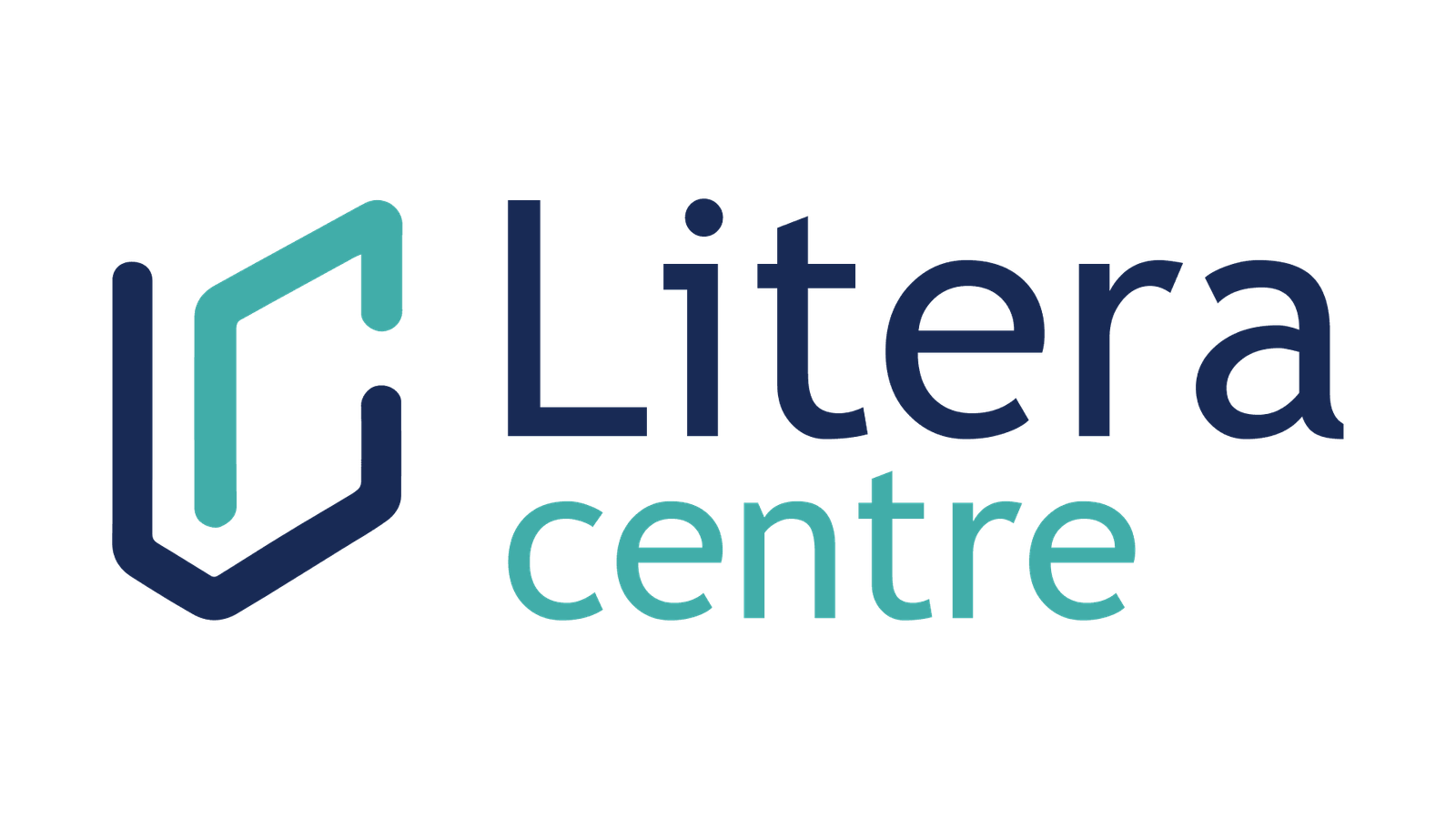Getting into a prestigious university has become very competitive because of an exponential increase in applications. Hence, universities have an intensive screening mechanism to select only those candidates who can take the workload of an international curriculum. The education system has undergone a drastic change since the turn of the millennium. Universities have developed different courses to accommodate the different skill sets of students.
Choosing the right stream has become one of the biggest headaches for parents and students. In this article, we will do a detailed comparison between the IB vs A level programs and it will assist in making a wise choice over which stream to pick.
What Is the IB Level Program?
This program consists of 6 subjects. One needs to choose each of these six subjects from different fields like the 1st language, 2nd language, science, social sciences, mathematics, and one subject from the field of art. The selection of subjects should be carried out with utmost caution as it will determine your future. Three subjects get carried forward to the second year.
The grading system of the IB level exam is between 1-7. Generally, a will receive a diploma if he/she secures 24 points. However, there could be other criteria to pass the exam. Apart from the academic segment, the IB exam level also consists of EE and CAS sections. EE stands for extended essays and CAS stands for creativity, action, and service respectively. Students also have a chance to garner some extra credit points by indulging in extracurricular activities like sports and community service.

What Is an A-Level Program?

Unlike the IB program in which students could choose only 6 six subjects, in the A-level programs students can choose as many subjects as they want. The A-level program is subdivided into two segments the AS Level which is for the first year and the A2 level for the second and final year. After the first year, students can drop some subjects that they want. They do not need to continue learning old subjects.
Things become slightly challenging in the second year or A level as they need to choose at least three subjects. One must choose their subjects in the second year with attentive detail as it will determine their final grade. The grading system is a-e with a being highest and e being the lowest grades.
IB vs A Level: Major Differences:

Curriculum Structure:
The A-level program has two segments: AS or Advanced Subsidiary level and the A2 level. AS happens in the 12th year and A2 is the 13th year. Usually, there is no restriction on the number of subjects but in the A2 year, a student should have at least three subjects.
In the IB program, a student has the liberty to choose six subjects, one each from six different fields of study. IB also has extended essays and creativity, activity, and service sections.
Assessment Structure:
There is a 1005 external assessment of A-level exams. Universities provide two exam dates each year and students can choose a date at their convenience. Moreover, a student also has the right to again sit for the test if he/she has underperformed.
In the IB program, there is a mix of internal and external assessments. Projects and presentations come under internal assessment. On the other hand, the annual exam is completely 100% external assessment.
Grading System:
The grading system of IB vs A level exams is also different. IB students have a grading system of 1-7 with 1 being the lowest and 7 being the highest. On the other hand, A-level programs have grades of A-E with A being the highest and E lowest.
Which One You Should Choose?

The choice of the education system depends on several factors. Let’s take a closer look at each one of them and it will help you in making the correct decision.
First, if you are planning to study in the UK, you should go for the A-level system of education. It is preferable in the UK as it is the country’s high school qualification. However, if you are not planning your higher education in the UK, you can go for the IB program as it has international recognition in more than 90 countries. Moreover, its curriculum presents an international outlook.
Secondly, if you are looking to be admitted to a university in which the interview is a part of the admission process in that case you should A-level course. Examples include universities offering courses in medicine, Oxford, and Cambridge University. On the other hand, if you are unsure about the course or university, you can opt for the IB program. It has a broad spectrum of knowledge and allows students to touch different areas of learning.
There cannot be a simple formula about which course to choose. It is always advisable that you should go through the curriculum and exam structure of both the A-level and IB programs. A proper analysis of these courses will help you to make a wise decision which will prove fruitful for your career.
Conclusion:
Litera Centre helps you choose the right college prep program between IB vs A level programs. Litera Centre provides tailored education to students based on their learning style, pace, and preference. Our enthusiastic Experts go the extra mile to ensure that students reach their dreams by teaching concepts in a way that is both memorable and practical. We have assembled a group of the best-trained Experts who specialize in ensuring the best possible results for our students. Sign up for a free demo class today and experience the Litera Centre difference!
Frequently Asked Questions (FAQ)
Q: What’s the core philosophical difference between IB and A Levels?
Think of it as choosing between a broad, interdisciplinary canvas and a deeply focused magnifying glass. The IB Diploma Programme (IBDP) emphasizes a holistic, well-rounded education across six subject groups, plus core components like Theory of Knowledge (TOK) and the Extended Essay (EE), fostering critical thinking and global perspectives. A Levels, conversely, allow for specialization in 3-4 subjects, enabling students to delve deeply into their chosen areas.
Q: Which program is generally considered more difficult: IB or A Levels?
The perception of difficulty often depends on your learning style and strengths. Many find the IBDP more challenging due to its broader subject load and compulsory core components that demand strong time management and consistent effort across various disciplines. A Levels, while offering fewer subjects, require intense focus and mastery within those specific areas, often culminating in high-stakes final exams.
Q: How do universities, especially in the US and UK, view IB vs A Levels?
Both qualifications are highly respected globally, but their perception can vary by region and university. US universities often appreciate the IB’s holistic approach and emphasis on critical thinking, aligning well with their liberal arts tradition. UK universities are very familiar with A Levels, making them a standard entry qualification, though the IB is increasingly recognized and often seen as excellent preparation for higher education.
Q: What are the key assessment differences between IB and A Levels?
The assessment styles significantly impact the student experience. The IBDP utilizes a varied assessment approach, combining internal assessments (coursework, oral presentations) with external exams, often spread across the two years. A Levels are predominantly exam-based, with final examinations at the end of the two-year course often determining the entire grade. Understanding these differences is crucial for students who perform better under specific assessment pressures. Dive into “Assessment Styles: Exams vs. Continuous Evaluation” for more details.
Q: Does one program offer more flexibility in subject choice than the other?
A Levels offer greater flexibility in subject selection, allowing students to choose almost any combination of 3-4 subjects that align with their interests or future career paths, facilitating early specialization. The IBDP, while offering choice within subject groups, requires students to select subjects from each of the six prescribed groups, ensuring a balanced academic profile. If you have a very clear career trajectory, A Levels might appeal more.
Q: Which program is better for students with specific career goals, like Medicine or Engineering?
If you have a very clear and specialized career path in mind, such as medicine or engineering, A Levels might offer a more direct and in-depth academic preparation in the specific science and mathematics subjects required. The focused nature of A Levels allows for mastery in these demanding fields. However, the IBDP can also prepare students for these careers by offering strong Higher Level science and math options, coupled with valuable research skills from the Extended Essay.
Q: How do the core components (TOK, EE, CAS) of the IB compare to A Levels?
The IBDP’s core components — Theory of Knowledge (TOK), Extended Essay (EE), and Creativity, Activity, Service (CAS) — are integral to its holistic philosophy, fostering critical thinking, independent research, and personal development. A Levels do not have direct compulsory equivalents, although students can undertake an Extended Project Qualification (EPQ) for similar benefits. These IB components develop skills highly valued by universities, distinguishing the IB experience.
Book a Free Demo Class By Litera Centre



